Let Them Drown: “Othering” in a Warming World (long article)
London Review of Books

In her recent address honoring the distinguished Palestinian intellectual and activist Edward Said, noted Canadian author and environmentalist Naomi Klein speaks to the urgent need for the environmental movement to understand Said and other anti-imperialist, postcolonial thinkers; or what we can learn from reading Said in a warming world. Klein says without that knowledge there is no way to understand how we ended up in this dangerous place or how we can get out of it.


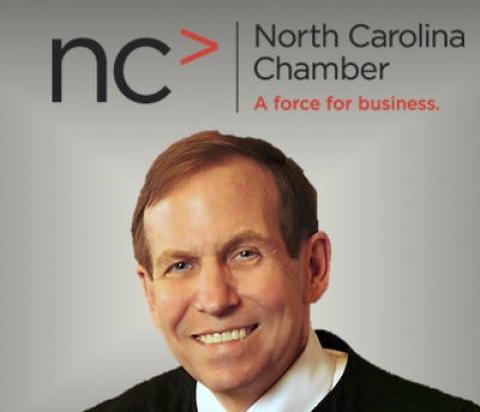
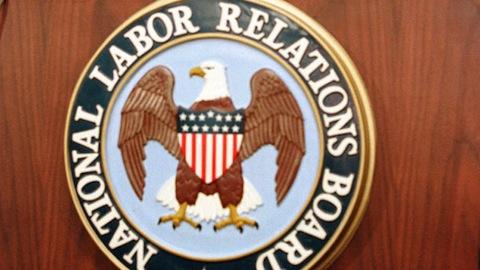
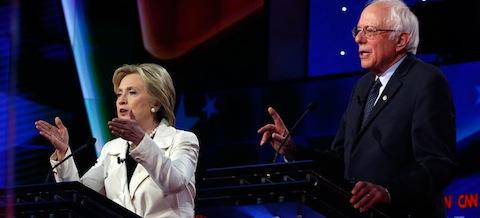
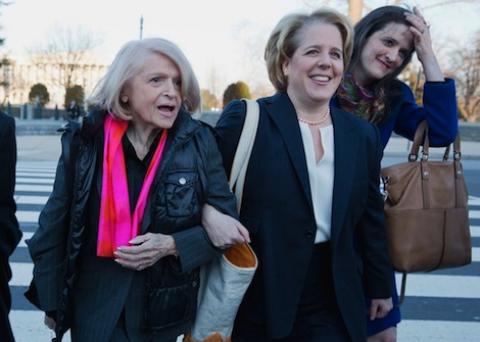
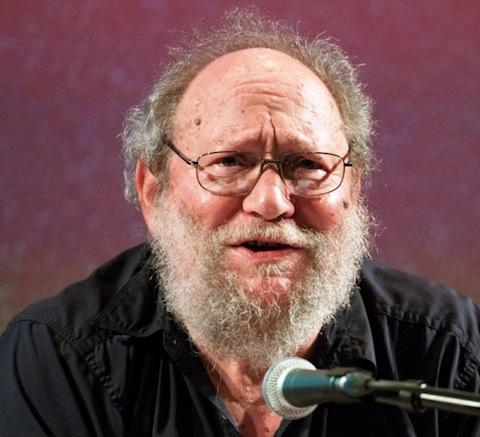

Spread the word